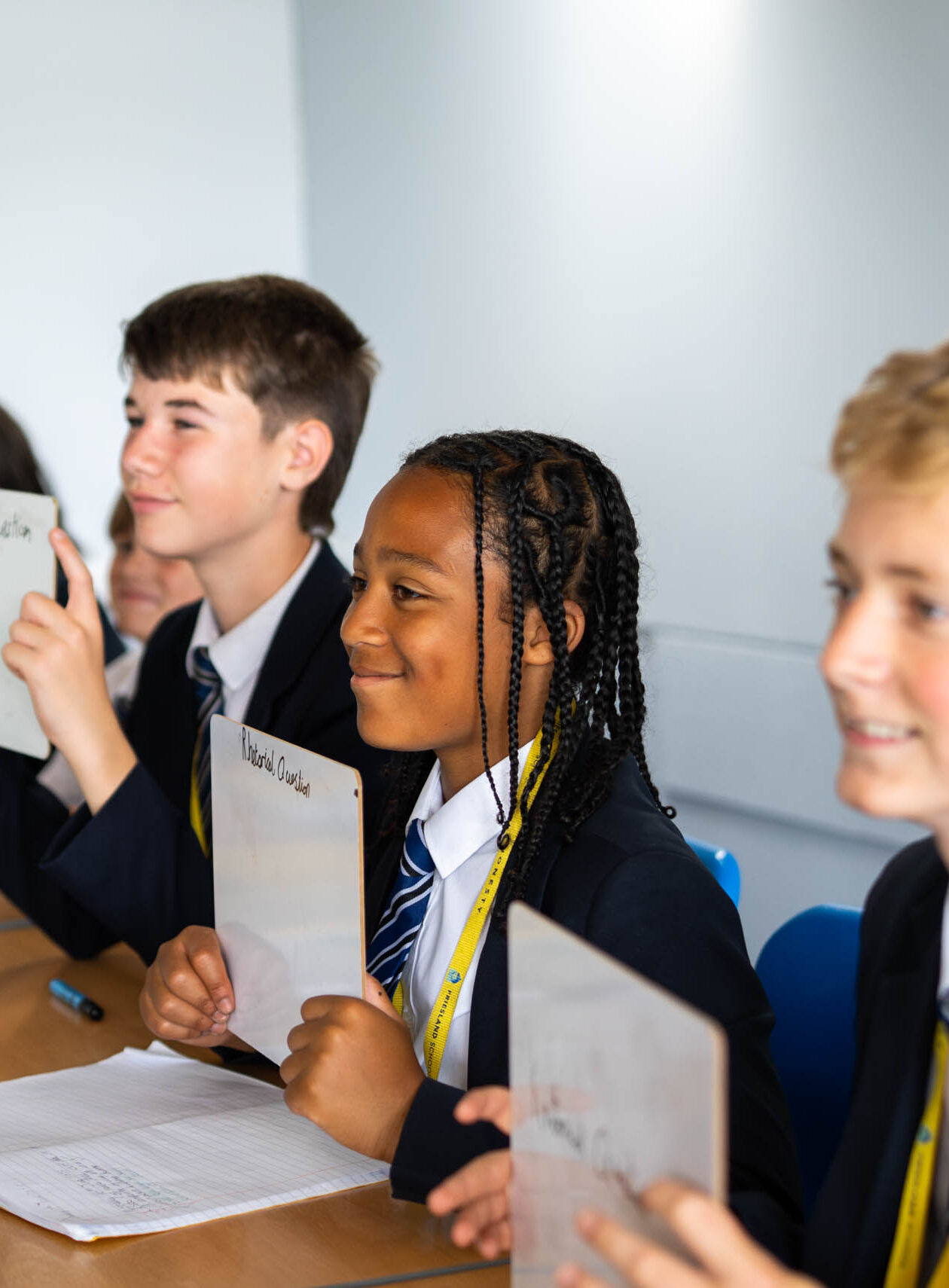Curriculum Intent
The history curriculum is ambitious and inclusive for all. Students will become increasingly aware of how historical events have shaped the world that they live in. The history curriculum enables students to have an opportunity to develop an understanding of the culture in which we live as well as the wider world around us. Students will explore issues at a local, national and international level. Students will be encouraged to develop an understanding of key concepts, such as significance, causation and consequence. Students will be taught how to think deeply and question interpretations of key historical events.
By the end of their education, a student of History at Friesland School will:
- Students acquire a secure knowledge and understanding of people and events from a range of historical periods, at a local, national and international level.
- The ability to think critically about history using historical interpretations, evidence and scholarship.
- To develop an empathetic understanding of the world and people, and how we are connected.
Process
Powerful knowledge
- The curriculum is intelligently sequenced to ensure students remember powerful knowledge by consistently highlighting these concepts as and when they are relevant within the sequencing of lessons. For example, the curriculum has been designed to include diverse histories such as the Black Tudors and the Mali Empire. Students will be gradually exposed to further challenging historical interpretations and scholarship. Students will be exposed to a range of history which has been chronologically sequenced. This sequencing helps students to develop a mastery of key concepts such as cause and consequence.
- GCSE history follows the Edexcel exam board units have been carefully selected to complement substantive and disciplinary knowledge. Students start their GCSE journey with a breadth study into medicine through time, which leads onto an investigation into surgery on the western front which looks at the deeper skill of utility. Elizabethan England is then studied at depth with a focus on crown vs religion and the age of exploration. Students then have an opportunity to study The American West which is then followed by the depth study of Weimar Germany.
- A Level History follows the AQA exam board. Students start their A Level journey with a breadth study into Tudor history, and a depth study into Weimar Germany. Students complete an NEA on the crusades which is worth 20% of their overall A Level grade. The NEA provides students with the opportunity to develop their independent research skills.
The History curriculum will support and scaffold all students to be successful:
- Within each scheme of work, key knowledge is taught and re-visited on a regular basis through interleaved ‘Do Now’ quizzes and repetition of key skills. In addition, 100% sheets provide students with a succinct format for the most powerful knowledge in history and ensure students are exposed to the knowledge needed in order to succeed.
- All lesson follows an explicit modelling process and the use of a visualiser. Teachers regularly use, I do, we do, you do in order to ensure that students have grasped a key concepts or skill.
- Tier 2 and 3 vocabulary runs through the entire curriculum, which ensures that students can access the most challenging texts and historical ideas. Students have access to their 100% sheets which help them to become more independent with their grasp of more challenging vocabulary.
- FASE Reading/Control the Game is used when reading aloud and students are supported through this process with the text being placed under the visualiser by the expert teacher. Students are helped with their reading in history by the use of guided reading, Cornell note taking and use of the frayer model for more challenging vocabulary.
- The History curriculum is bookletised, which means that students are exposed to high quality learning resources. They can use their booklets to refer back to previous learning as well as looking forward to see how the curriculum develops.
- Story, source, scholarship is used to ensure that students have exposure to academic thinking.
- Meanwhile, elsewhere activities are regularly used as homework activities to enable students to understand issues that are happening in the wider world.
- Lessons are sequenced to allow time for modelling and practice of a wide range of examination scenarios. The modelling of exam style questions gradually develops student responsibility for their work, and allows them to see the metacognitive process involved in their writing.
The History curriculum contributes to the personal development of students at Friesland School:
- History students are encouraged to develop their responses by using concise communication and by analysing each concept as part of their responses. This promotes a professional and logical communication style that translates well to the world of work and beyond.
- Students of history learn about key historical events, the causes, consequences and interpretations of these events. Therefore, encouraging a sense of empathy and understanding of the people and the wider world. For example, by studying the slave trade this gives students an understanding of historical abuse, deprivation and racism.
- Many of the topics studied within history translate very specifically to personal development. For example, the study of both WWI and WWII enable students to understand how and why conflict occurs, the impact that conflict have on individuals, communities and wider society. This allows students to develop a deeper understanding of conflict resolution and the need to understand difference.
- The holistic understanding of history as a discipline enables students to develop as open-minded individuals with the ability to question and to think critically.
Opportunities are built in to make links to the world of work to enhance the careers, advice and guidance that students are exposed to:
- Students are exposed to a number of perspectives that differ from those shared by their communities thus developing their empathy and understanding.
- The History curriculum ensures that a range of cultural contexts and time periods are explored. Therefore, students’ understanding and empathy for a range of cultures, historical periods and social/moral issues is depended. For example, why was the holocaust able to happen?
- We have run and plan to run history trips that expose students to the wider world and encourage them to develop a deeper understanding, examples of this include a trip with the medicine through time museum in Leeds, a residential visit to the WWI battlefields and a visit to an area of local history.
- Meanwhile, elsewhere homework activities are used to enable students to understand key events that have happened around the world.


